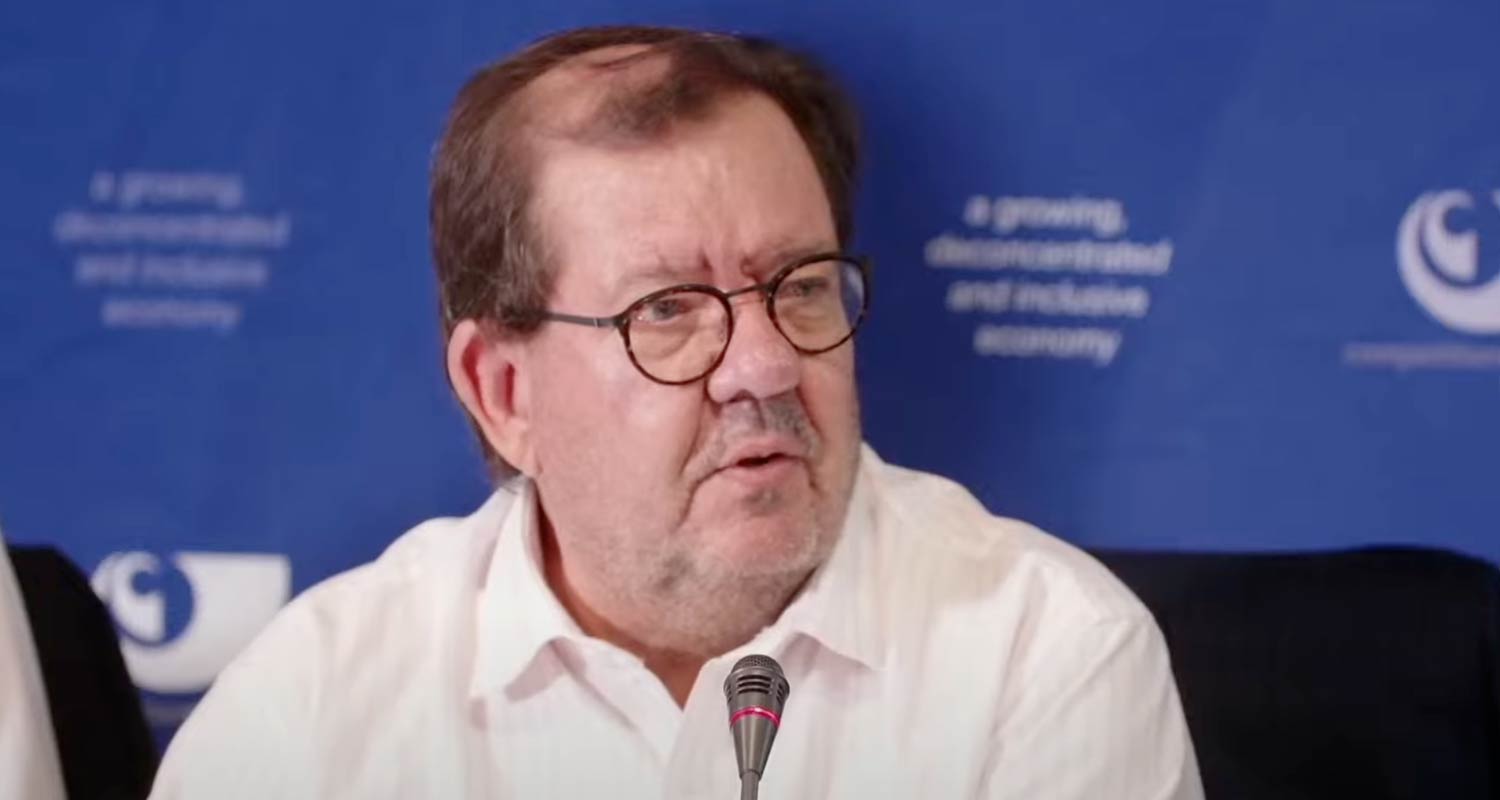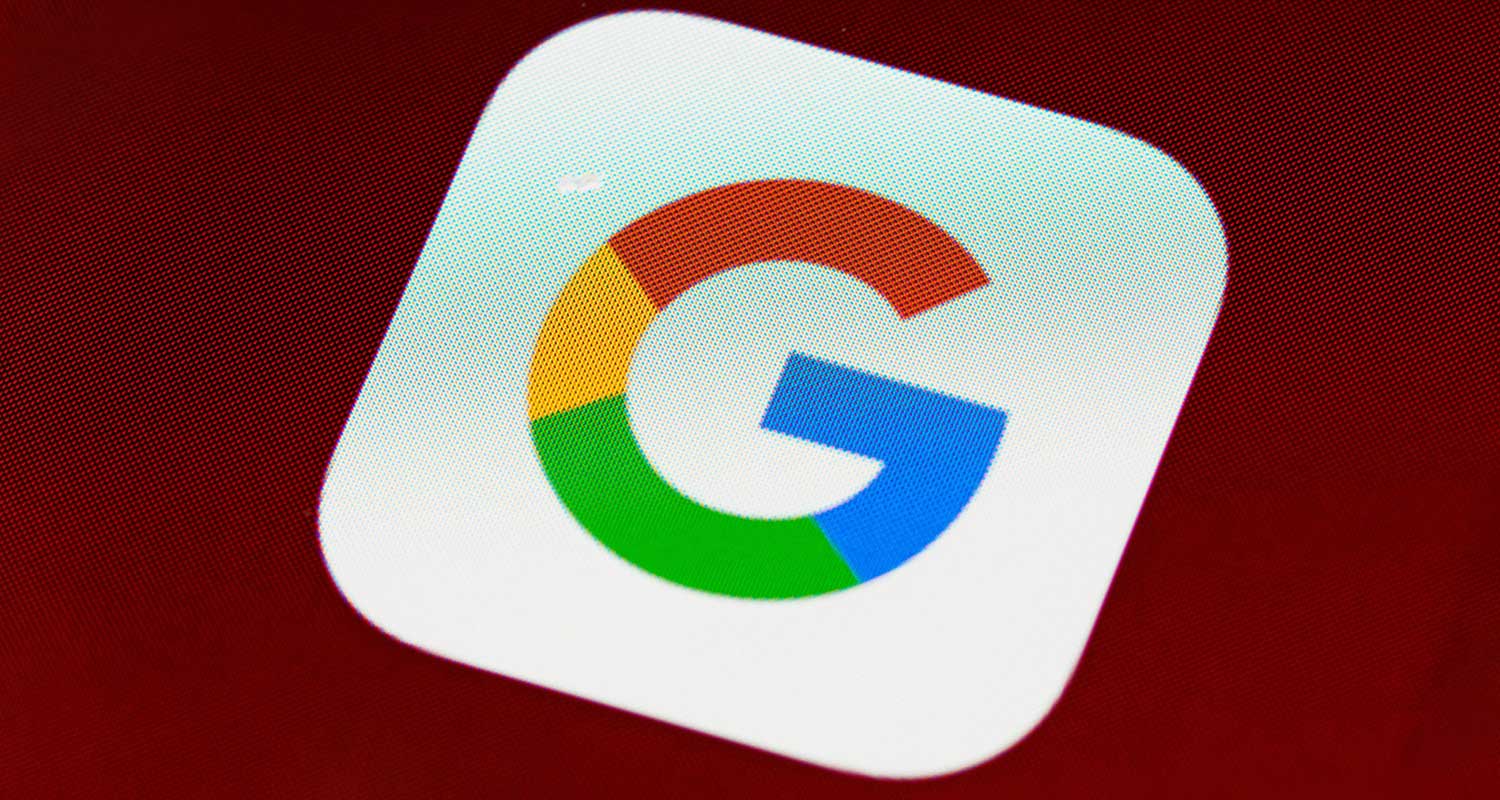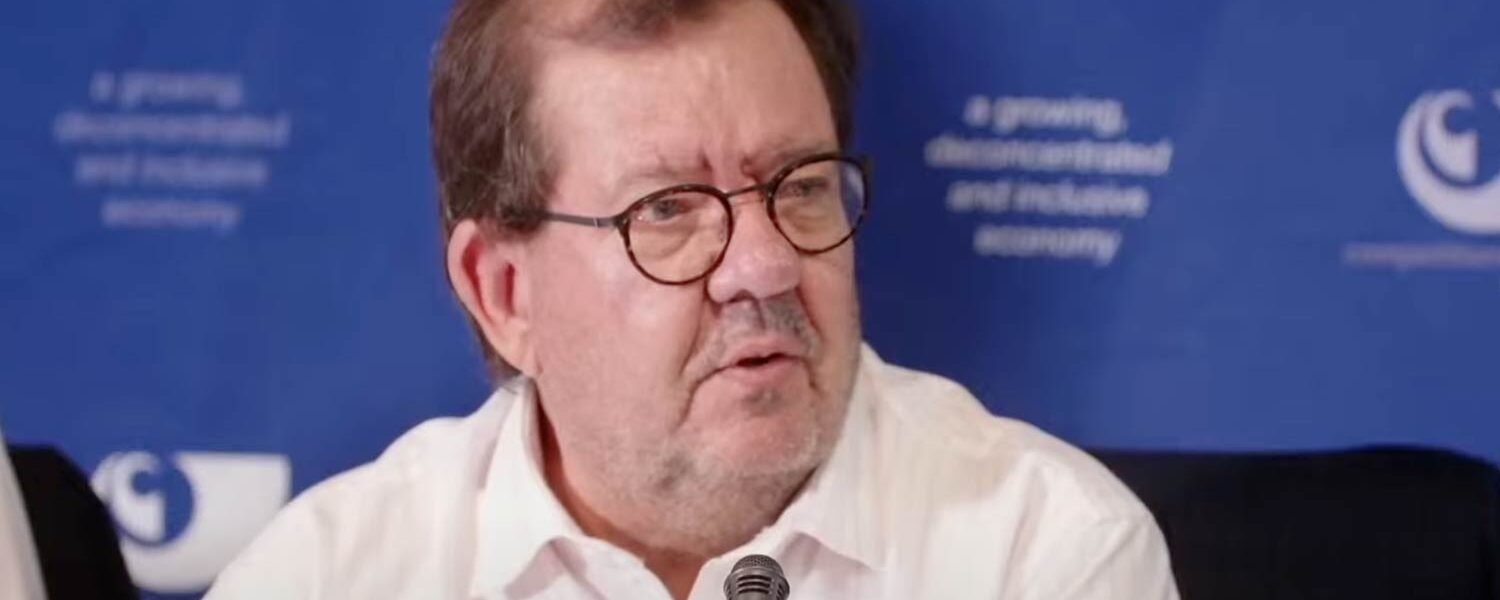
What started out as a partnership between Google and South African publisher Caxton CTP Publishers has now degenerated into an “asymmetric” relationship where the two are now competitors for the same content and revenue.
This is according to Caxton chairman Paul Jenkins, who was speaking at the Competition Commission’s ongoing public hearings into the media and digital platforms market in South Africa.
Jenkins said local news provides significant content and value to digital platforms like Google in the form of trusted, relevant information gleaned from local engagement that ranks highly in search results – but that there is little in terms of a reciprocal relationship.
“Now we are like tenants or vassals that have been evicted from a platform that exploits our content but doesn’t remunerate us properly for it,” he charged.
“News is under threat and the model is broken – not as a result of the tech revolution per se but by the dominance of Meta [Platforms] and Google parasitically exploiting the news content that kept us alive.
“Caxton distributes local news to over three million South African households weekly, but the model is under threat because of distortions in digital markets.”
There has never been a time when the media has been under greater threat – including under apartheid and the state of emergency – he said, because while traditional media has to pursue truth while still keeping advertisers happy, digital platforms are agnostic and do not have this restraint. He said programmatic advertising provides 86% less revenue than direct advertising for publishers.
‘Hiding to nothing’
Jenkins said tech platforms are making huge profits, but these are not translating into profits for local digital programmes. “We’re on a hiding to nothing and do not see a viable digital future without intervention.”
Google News partner lead for sub-Saharan Africa Marianne Erasmus told the commission on Tuesday that the company’s contributions have helped support, not undermine, the local news ecosystem.
“Fundamentally, our intention is to build durable partnerships with the news industry that will foster a sustainable, resilient and diverse news ecosystem – as opposed to engaging with the news industry through purely transactional relationships,” Erasmus said.
According to Erasmus, Google made only R35-million (US$1.9-million) in ad revenue from its news product in 2022. In contrast, she said, Google sent more than 600 million “free” referral clicks to local publishers in the same period, which she argued could be monetised through subscriptions and advertising.
Read: Google defends itself against publisher attacks
Caxton said it wrote to Google asking for answers to some 50 questions it considers pertinent, but Google’s response was to say the matters raised were “confidential”.
“The information requested in your letter is not required to negotiate or conclude a Showcase contract with Google,” it responded. “Further, Caxton is not otherwise entitled in law to the information requested. You will appreciate that the information you have requested is confidential and includes proprietary, commercial and financial information, and trade secrets … [and] in some instances, the requests do not relate to the media industry at all.”

“The required information also is not required to protect the right to press freedom and we deny that Google’s products limit the media’s freedom. Our products promote freedom of expression, including freedom of the press. Every day we link hundreds of millions of people around the world, including South Africans, to publishers’ websites containing the news that people want to read,” Google wrote.
“What do we know about these entities?” asked Jenkins. “Not much, yet they know everything about us. Caxton has 4 000 employees in South Africa, and pays R200-million in taxes, yet nothing is known about Google and Meta’s information. The media needs to know this kind of information so that anomalies can be negotiated and resolved.”
In his presentation earlier in the week, Moneyweb editor Ryk van Niekerk described Google’s attitude towards publishers as a “take it or leave it” approach.
Van Niekerk criticised Google’s alleged frequent and abrupt changes to its search engine algorithm, which attracted additional costs for publishers that experienced a decrease in traffic as a result. He slammed Google’s revenue model, saying it undercut publications and forced them to charge less to direct clients, thus harming the media industry.
Anton Harber, from the Campaign for Free Expression, said major South African titles like the Financial Mail and the Sunday Times are under threat because of financial problems, with severe implications if they were to close.
“The demise of local news coverage affects the economy in terms of poorer governance and more corruption as less investigative work is done. Individual businesses need information to make financial decisions, and good journalism informs people of their rights and local news of importance to them, for instance, about grant delays.
“Citizens feel the pain and the corrupt celebrate when there is a lack of independent journalism. We can’t blame everything on the big platforms,” he said. “But the relationship needs to be one of potential symbiosis, with regulation and oversight.” — © 2024 NewsCentral Media



